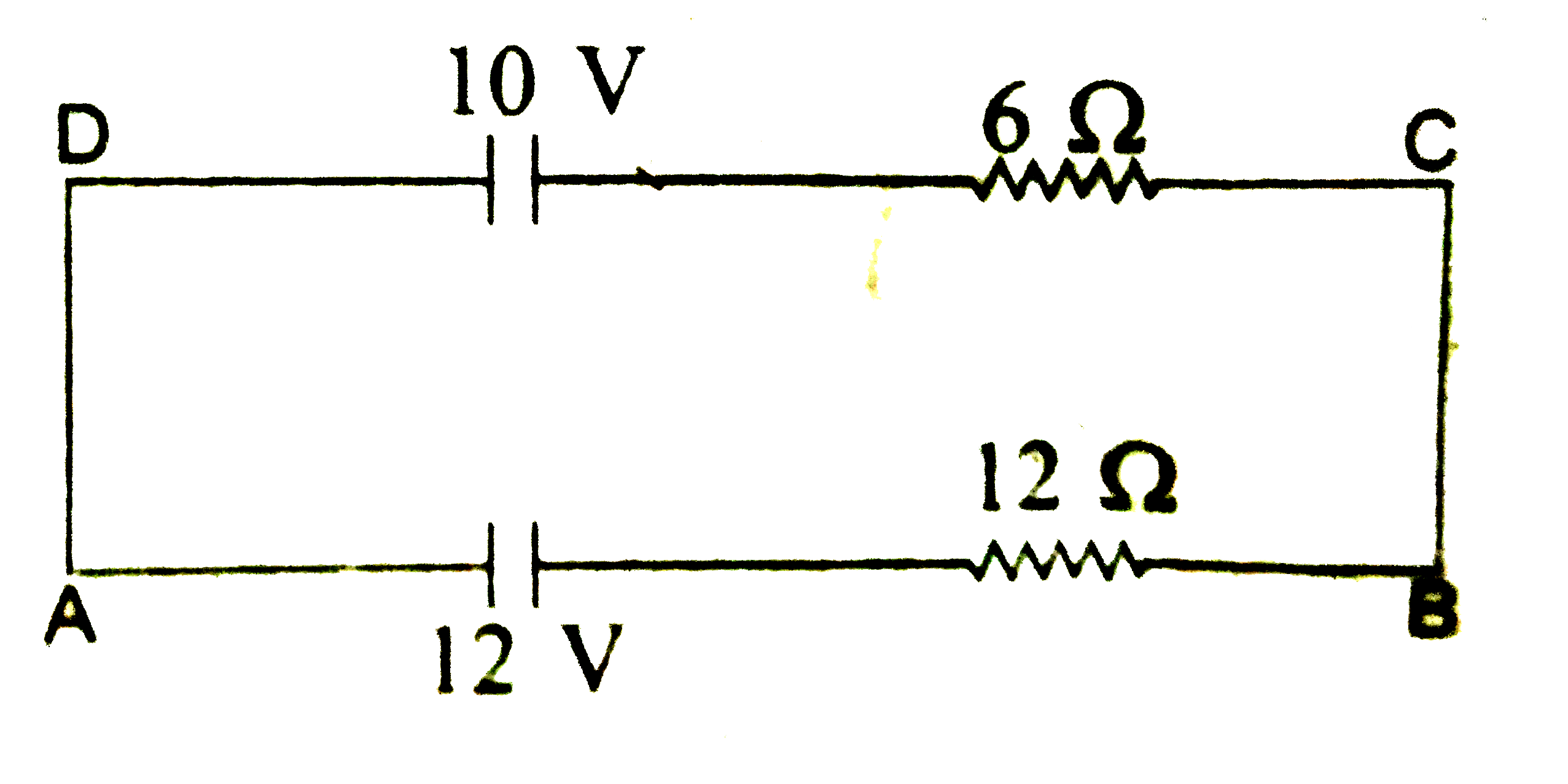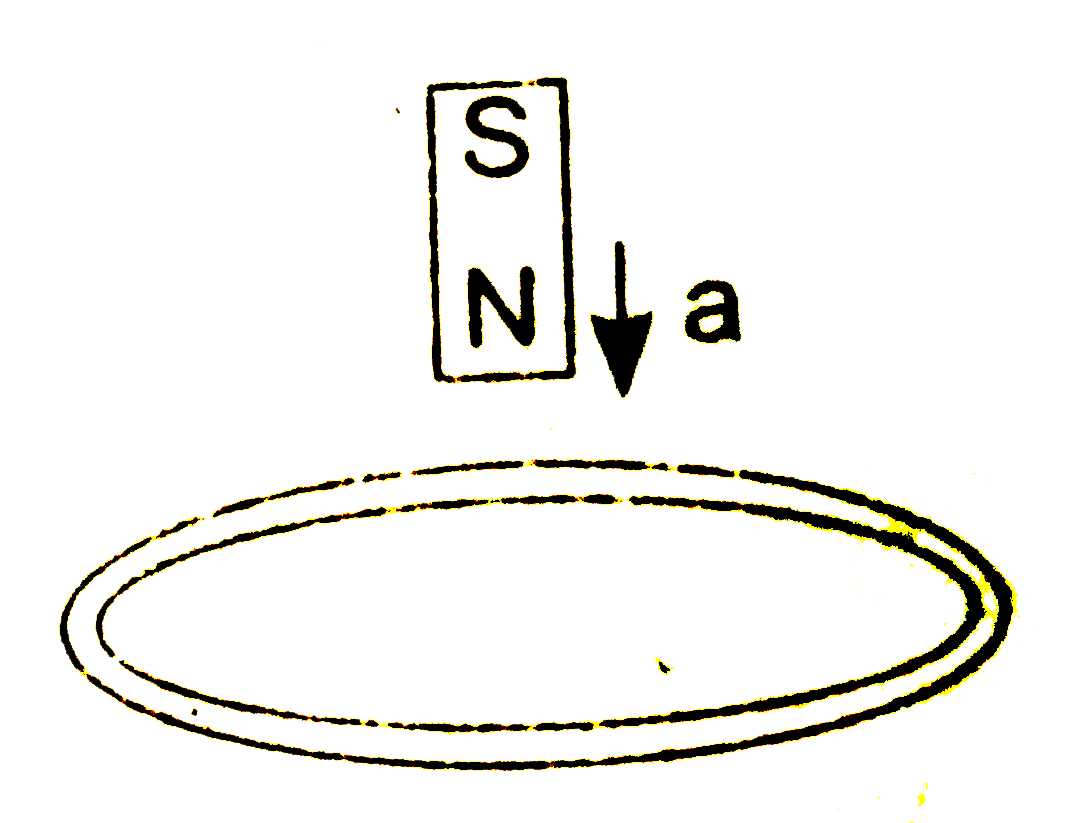Each of the questions below consists of a question and two statements numbered I and II given below it. You have to decide whether the data provided in the statements are sufficient to answer the question.
Among M, N, D, P and K, who earns more than only the least earner among them?
I. N earns more than M and P but less than only D.
II. M earns more than P who earns less than K.
if the data in statement I alone are sufficient to answer the question, while the data in statement II alone are not sufficient to answer the question
if the data in statement II alone are sufficient to answer the question, while the data in statement I alone are not sufficient to answer the question
if the data either in statement I alone or in statement Il alone are sufficient to answer the question
if the data given in both statements I and II together are not sufficient to answer the question
The correct Answer is:D
From statement K N>M, N:P,D>N
so, thearrangement in descending order of earning:
D1↓(Highest earner)>N2>M3>P4↓(least earner) or D1>N2>P3>M4↓(least earner)
So, statement I alone is not sufficient.
From statement II:
M>P,K>P.
But there is no information regarding N and D. So, statement II alone is not sufficient.
From I & II, we get
D1>N2>K3>M4>P5 D1>N2>K3>M4>P5
So, either K or M earns more than only the least earner i.e. P.
Therefore, the data in both statements I and II together are not sufficient to answer the given question.
Topper's Solved these Questions
- BOOK - LUCENT PUBLICATIONCHAPTER - DATA SUFFICIENCYEXERCISE - Solved Examples22videos
DATA SUFFICIENCY
- BOOK - LUCENT PUBLICATIONCHAPTER - CUBE AND DICE EXERCISE - Exercise10videos
CUBE AND DICE
- BOOK - LUCENT PUBLICATIONCHAPTER - DECISION MAKING & ELIGIBILITY TEST EXERCISE - EXERCISE -355videos
DECISION MAKING & ELIGIBILITY TEST
Similar Questions
Each of the questions below consists of a question and two statements numbered I and II given below it. You have to decide whether the data provided in the statements are sufficient to answer the question.
What does 'Pe' mean in a code language ? I. "Na Si La Lo' means you may go now' and 'Ne Si Na Pe' means 'he may go there in that code language. II) Ki Se Pe Bo' means'come there and see' and 'Se Ni Bo Ki' means "come here and see in that code language.08:06View SolutionBelow are depicted the three different positions of a dice. Find the number of dots on the face opposite to the face with one dot
 02:43View Solution
02:43View SolutionStudy the following information carefully and answer the questions given below:
Following are the conditions for granting advance of Rs. 10 lakhs to the farmers for purchasing tractor, by a Gramin Bank.
The farmer must-
(i) have at least five acres of cultivable land.
(ii) be able to produce collateral of at least Rs. 8 lakhs.
(iii) not be more than 50 years old as on 1.12.2005.
(iv) not have any outstanding unpaid loan from the bank.
(v) be able to produce a recommendation Jetter from the Panchayat Pradhan.
In the case of a farmer w ho satisfies all other criteria except-
(A) at (i) above, but is able to cultivate more than one crop in each piece of land, the case is to be referred to Chairman of the bank.
(B) at (iv) above, but has Fixed Deposits of at least Rs. 4 lakhs with the bank, the case is to be referred to the General Manager of the bank.
In each question below, detailed information of one farmer is given. You have to carefully study the information provided in each case and take one of the following courses of actions based on the information and conditions given above. You are not to assume anything other than the information provided in each question. All these cases are given to you as on 1.12.2005. You have to indicate your dedsion by marking answers to each question as follows :
Pawan Mohanty has obtained a recommendation letter from the Panchayat Pradhan. He has seven acres of cultivable land and can produce collateral of Rs. 8 lakhs. He was born on 4th July, 1955. He doesn't have any outstanding loan from the bank.01:49View Solutionकारण सहित समझाइए -
(i) विलयन में Cu+ आयन रंगहीन जबकि Cu2+ आयन रंगहीन होते हैं ।
(ii) Mn3+ आयन की अपेक्षा Mn2+ आयन अधिक स्थायी होते हैं ।04:47View Solutionदिए गये विघुत परिपथ की सहायता से ज्ञात कीजिए
- (i) परिपथ में धारा , तथा
(ii) बिन्दु A तथा B के बीच विभवान्तर ।
 03:48View Solution
03:48View Solutionचित्रानुसार एक दण्ड चुम्बक मुक्त रूप से एक कुण्डली के बीच से होकर गिरता है। कारण सहित बताइए कि चुम्बक का त्वरण (a ) गुरुत्वीय त्वरण (g ) से कम अथवा समान अथवा अधिक होगा।
 03:28View Solution
03:28View Solutionएक प्रेरक के बहने वाली धारा, i=4+12t द्वारा दी जाती है, जहाँ I ऐम्पियर में तथा t सेकण्ड में है | इसमें स्वप्रेरित विधुत वाहक बल 12 mV है | ज्ञात कीजिए- (i) स्वप्रेरकत्व, तथा (ii) t=1 सेकण्ड पर प्रेरक में संचित ऊर्जा एवं इसको प्रदान की गयी शक्ति |
06:47View Solutionएक आयताकार बाग , जिसकी लम्बाई , चौडाई से 4 अधिक है , का अर्धपरिमाप 36 मी है। बाग की विमाए ज्ञात कीजिए ।
02:15View Solutionसमस्याओ में रेखिक समीकरण युग्म बनाइए और उनके हल प्रतिस्थापन विधि द्वारा ज्ञात कीजिए :
दो सपूरक कोंणो में बड़ा कोण छोटे कोण से 18 डिग्री अधिक है । उन्हें ज्ञात कीजिए ।04:08View Solutionएक के विद्यार्थियों क्रो पंकितियों में खड़ा होना है। यदि पक्ति में 3 विधर्थी अधिक होते, तो 1 पक्ति कम होती । यदि पक्ति में 3 विधार्थी कम होने , तो 2 पंक्तिया अधिक बतनी ।कक्षा में विद्यार्थियों की संख्या ज्ञात कीजिए।
06:06View Solutionm और n के मान ज्ञात कीजिए जिनके लिये निम्नलिखित समीकरण निकाय के अपरिमित रूप से अनके हल है :
(2m−1)x+3y−5=0 और 3x+(n−1)y−2=002:02View Solutionमैने 5 पेन , 7 पेंसिल और 4 रबड़ खरीदे । शालू ने 6 पेन , 8 रबड़ और 14 पेंसिल खरीदी जिसके लिये उसने , जो मैने भुगतान किया था , उससे आधा अधिक भुगतान किया । मैने पेन पर कुल का किनते % भुगतान किया ?
02:29View Solutionदो पाँसे एक साथ उछाले जाते हैं। प्रायिकता ज्ञात कीजिए, जबकि ऊपर पड़ने वाली संख्याओं का योगफल
(i) एक सम संख्या हो, जो 8 से अधिक हो,
(ii) 3 का गुणज हो, जोकि 9 से अधिक न हो।02:43View Solutionएक पाँसे से एक दाँव में 4 से बड़ा अंक फेंकने की प्रायिकता ज्ञात कीजिए।
View Solutionक्षार धातुओं व मुद्रा धातुओं दोनों के बाह्य कोश में एक इलेक्ट्रॉन होता है किन्तु क्षार धातुएं मुद्रा धातुओं की तुलना में बहुत अधिक क्रियाशील होती है क्यों ?
01:21View Solutionकुछ तत्वों के अपचयन विभव नीचे दिये गये है :
Al3+/Al=−1.67V, Mg2+/Mg=−2.34V
Cu2+/Cu=0.34, I2/2I−=0.53V
इनमे प्रबलतम अपचायक कौन होगा ?View Solution
